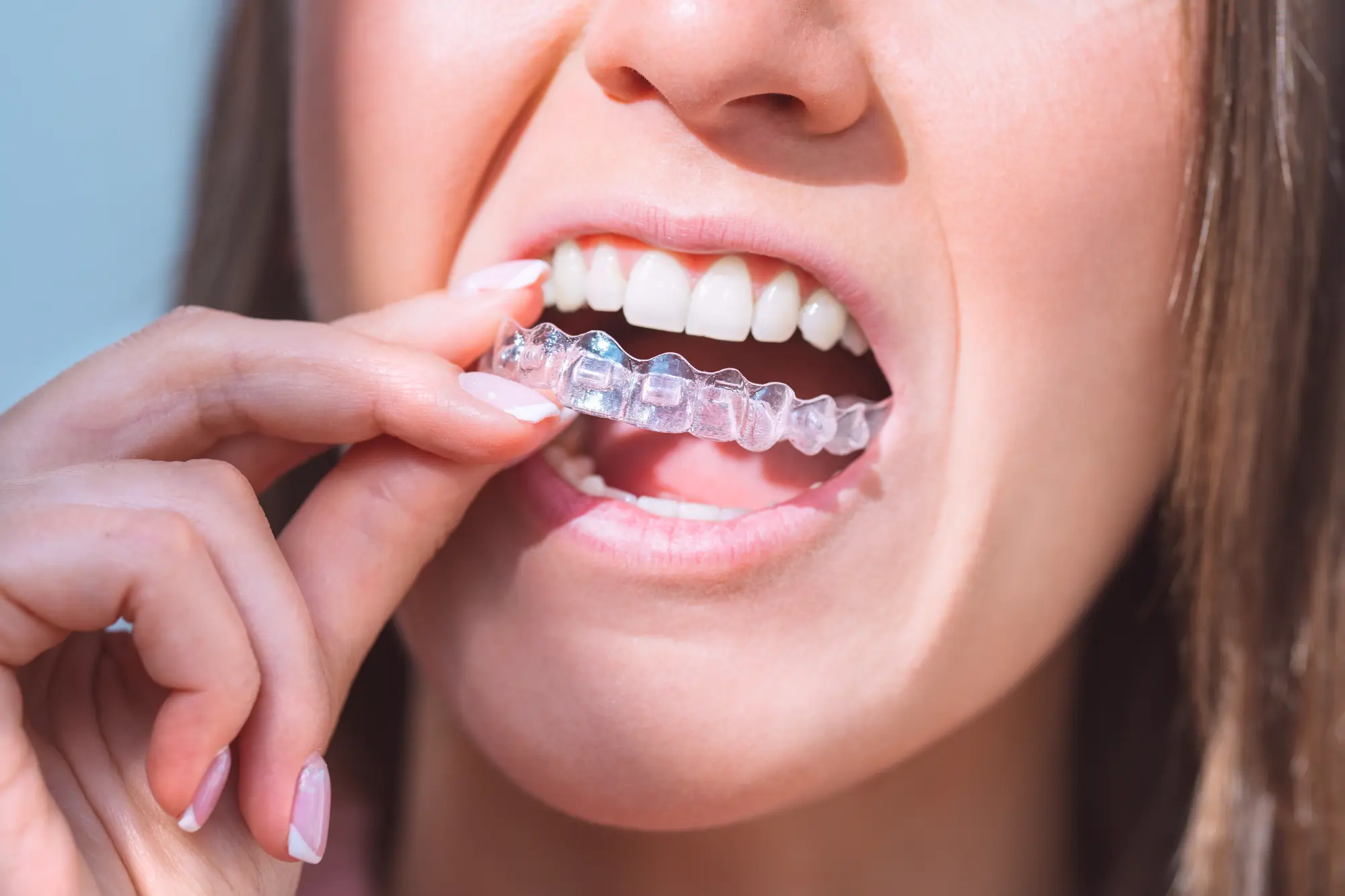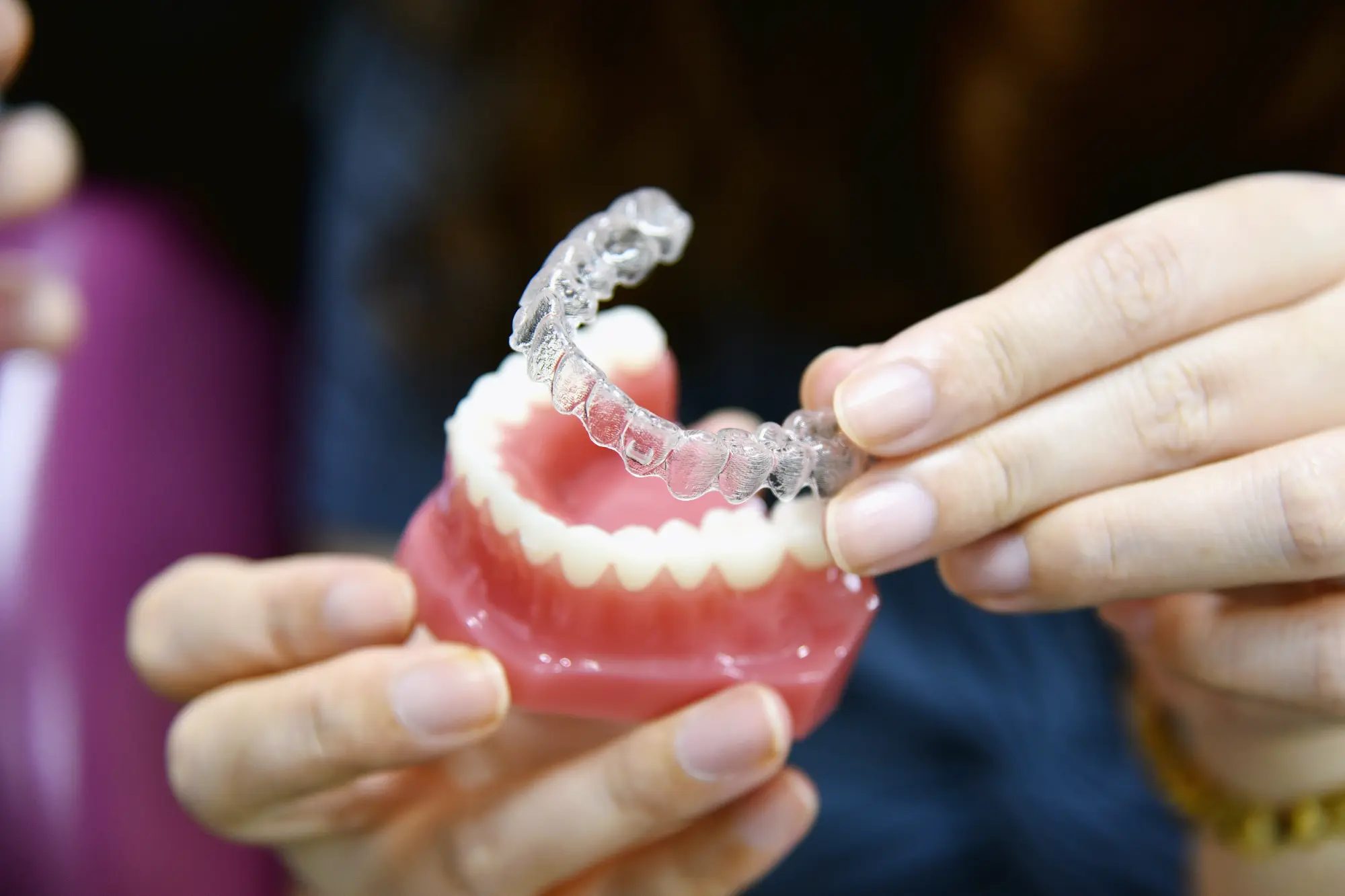
How Long Does Dental Bonding Last?
Dental bonding is a popular cosmetic dentistry procedure that offers a quick and effective solution for enhancing your smile. Whether you're looking to repair a chipped tooth, close gaps, or improve the appearance of discolored teeth, dental bonding can provide a natural and aesthetically pleasing result.
But how long does this treatment really last? Understanding the longevity of dental bonding is crucial for making an informed decision about your dental care. In this blog, we'll explore the factors that influence the lifespan of dental bonding and offer tips on how to maximize its durability.
What is Dental Bonding?
Dental bonding involves the application of a tooth-colored resin material to the surface of your teeth. This resin is carefully molded and polished to match the surrounding teeth, creating a seamless and natural look. The procedure is minimally invasive and typically does not require anesthesia, making it an attractive option for many patients. Here are some key benefits of dental bonding:
- Quick and painless procedure
- Cost-effective compared to other cosmetic treatments
- Immediate results with no downtime
While dental bonding offers many advantages, understanding its longevity is essential for anyone considering this treatment.
Factors Affecting the Longevity of Dental Bonding
The lifespan of dental bonding can vary based on several factors. On average, dental bonding can last between 3 to 10 years. However, its durability is influenced by:
- Oral hygiene practices: Regular brushing, flossing, and dental check-ups are crucial for maintaining the bonding material.
- Dietary habits: Avoiding hard and sticky foods can prevent damage to the dental composite material.
- Teeth grinding: If you grind your teeth, wearing a nightguard can protect the bonded teeth.
By adhering to good oral hygiene and making mindful lifestyle choices, you can extend the life of your dental bonding.
Signs That Your Dental Bonding Needs Replacement
Over time, dental bonding may show signs of wear and tear. It's important to be aware of these indicators to ensure your smile remains bright and healthy. Look out for:
- Discoloration: Similarly to your natural enamel, the bonding material may stain over time, especially if you consume coffee, tea, or tobacco.
- Chipping or cracking: Accidental biting on hard objects and habits like chewing pens and pencils can lead to damage.
- Rough texture: If the surface of your bonded tooth feels rough or uneven, it may need attention.
If you notice any of these signs, it's time to consult your dentist for an evaluation and possible replacement.
How to Prolong the Life of Your Dental Bonding
Maximizing the lifespan of your dental bonding involves a combination of regular dental care and mindful habits. Here's how you can make your new tooth last for as long as possible:
- Maintain a consistent oral hygiene routine with brushing and flossing.
- Visit your dentist regularly for cleanings and check-ups.
- Avoid using your bonded teeth to bite down on hard foods and non-food objects
- Consider using a mouthguard if you engage in sports or grind your teeth at night.
By taking these steps, you can enjoy the benefits of dental bonding for many years.
Transform Your Smile with Terrace Creek Dental Care in Mountlake Terrace, WA
If you're considering dental bonding or need to evaluate your current bonding, Dr. Kathryn Jagow at Terrace Creek Dental Care is here to help. Located in Mountlake Terrace, WA, our team is dedicated to providing personalized dental care that meets your unique needs. Don't wait to achieve the smile you've always wanted. Contact us today at (425) 776-2323 to schedule your appointment and discover the difference a beautiful smile can make in your life.
Related Posts

Invisalign Clear Aligners: A Discreet Path to a Straighter Smile for Adults

Nitrous Oxide and Beyond: Understanding Your Sedation Options for Comfort

